“Anyone who says India is a democracy is lying, we are being deprived of our fundamental right i.e., to campaign for the Lok Sabha Elections,” said Rahul Gandhi[1], the leader of the Indian National Congress while speaking to the press after the Indian Government froze their bank accounts, making for them almost impossible to contest the elections.
Hindutva Fascism and the Indian Muslims
In the coming month of April, India will be holding a seven-phase general election starting from the 19th of that month and results will be announced on June 4. Considering the size of its economy and the number of people participating in the electoral process, India is considered the largest democracy in the world, and this suppression of the opposition voices, including the arrest of Arvind Kejriwal raises some serious questions on this whole democratic practice. But there is an even more important question that should send alarm bells to the rest of the world, and that is the weaponization of the Hindutva ideology by the current Modi regime that has played a pivotal role in the dehumanization of Indian Muslims.
In a report published by the Genocide Watch, in February 2022, the founding father of the organization Gregory Stanton mentioned that there were early “signs and processes” of genocide in the Indian state of Assam and Indian-administered Kashmir during a US Congressional Briefing.[2]
Specifically mentioning the steps like the Citizenship Amendment Act and the revocation of Article 350 in Kashmir, the report highlighted the danger posed by the Modi regime to the community of Indian Muslims, which constitutes the world’s largest Muslim Minority Population.
Also Read: India – From Republic to Ram Rajya
Recently, just a month before the elections, the Indian government announced the implementation of CAA which was passed in 2019[3] but later was put on hold due to massive protests throughout the country that resulted in mass arrests of Muslim Student Activists like Sharjeel Imam and Umar Khalid, etc., both are still in prison till date. The law came under severe criticism from Human Rights Organizations as they saw it contradictory to the ‘secular nature of the country’s constitution’.
Famous Indian Historian Mukul Kesavan argued that the law is “couched in the language of refuge and seemingly directed at foreigners, but its main purpose is the delegitimization of Muslims’ citizenship“.
Before implementing the law, in January 2024, the Prime Minister of India inaugurated the famous “Ram Temple” built on the ruins of the historical Babri Masjid, for many political experts and commentators, this was the launching of Modi’s election campaign and a glimpse of what kind of future awaits the Indian republic and the region of sub-continent.
Some also pointed out the fact that when Babri Masjid was demolished, there were not any big celebrations across the country but quite the opposite, the majority of the Indian public saw it as an action of some fringe elements in the society but now when Ram Temple was being inaugurated, it was the moment of national pride and rejuvenation which speaks volumes about the fact how far Indian society has come in the span of laws 25-30 years.
Also Read: The Myth of Indian Secularism
The Dilemma of Indian Seculars
While talking about the rise of Modi on the Indian political scene and the dangers posed by the Hindutva regime, it is also important to point out some structural flaws in the narrative often propagated by the mainstream secular academia, for whom the problem only started back in 2014 when the BJP came into power, they see the Modi phenomenon as a rupture from the Nehruvian Liberal Secular India that promised equality and justice for every citizen of the Indian Republic. But when you look at the political history of India, that certainly is not the case, especially when you analyze the evolution of the Kashmir issue, which has been the bone of contention between Pakistan and India since its Independence.
Also Read: From Nehru to Modi
Most modern-day writers and historians neglect the fact that it was Congress that started the ethnic cleansing of Muslims from Jammu to turn it into a Hindu-majority state[4].
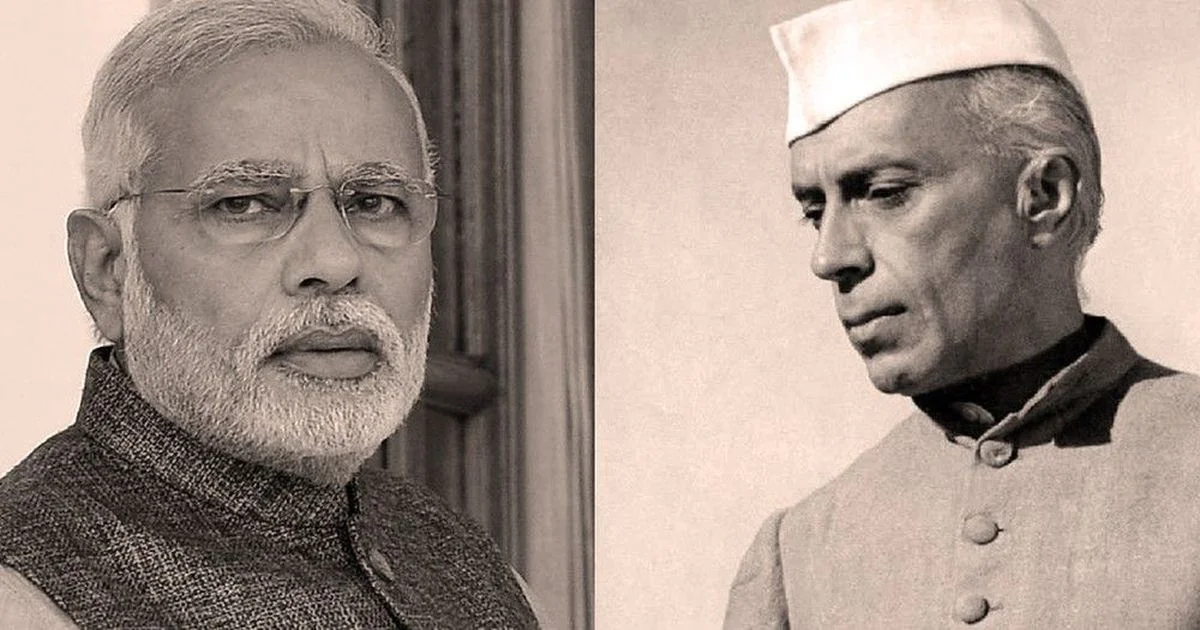
It is as if both Hindu majoritarian and liberal progressives are in agreement with the illegal occupation of Jammu and Kashmir (hence we saw even opposition leaders like Arvind Kejriwal praising the BJP government for revoking article 350), they only differ in the modalities of the occupation, as Ahmed Bin Qasim succinctly mention, ‘The liberal approach is characterized by developmental progressivism, the idea being that gradually Indianizing Kashmir will better consolidate India’s rule in Kashmir. Hence, the liberals have repeatedly called for winning the hearts and minds of Kashmiri Muslims, because according to them, the Hindu nationalist approach of ruling by dint of violence and gun is not long-lasting and effective. By winning the hearts of Kashmiris, it’s a power that operates at a deeper level, targeting the very psycho-spiritual constitution of the Kashmiri and ending the call for liberation once and for all. Conversely, the Hindu nationalist hears the Kashmiri Muslim demanding liberation and interprets it as such, affirming its apparent meaning and then punishing him for it. The Hindu nationalist even goes on to excavate the call for Azadi in the everyday utterances and attitudes of a Kashmiri Muslim that do not explicitly refer to it. Whereas when the liberal hears the Kashmiri Muslim demanding liberation, they deny its apparent meaning and begin unearthing what they believe is the real or latent meaning’[5]
During the protests of CAA in 2019, the organizer of the famous Shaheen Bagh protest, a PhD student of JNU, Sharjeel Imam echoed similar sentiments while criticizing the current political leadership of Indian Muslims who often sympathize with the congress rule and still believe in some secular ideals promised by Nehru and Azad. Imam, in those two months, delivered two important speeches while interacting with the young Muslim students of Ali Garh Muslim University and Jamia Millia Islamia, both speeches were later used to charge him under sedition.[6]

Also Read: India: Hindutva’s Offensive Against History
Imam’s address at the AMU, though set against the backdrop of escalating protests against the CAA and NRC, encompassed a broader historical perspective than recent events linked to the BJP’s Hindu nationalist agenda. His speech, delivered with a casual yet authoritative demeanor, aimed to challenge the perceived division between pre- and post-BJP India, offering a sharp critique of the idealized portrayal of India as a secular haven of interreligious harmony. Emphasizing that the Indian constitution inherently discriminates against Muslims and primarily serves the interests of upper-caste Hindus, Imam dismissed reliance on it as inviting demise. He argued that Indian Muslims needed to reevaluate and reshape the political landscape where they were often portrayed as objects of tolerance by an upper-caste Hindu-dominated state apparatus.[7]
Imam’s focus extended beyond criticizing the BJP to indict the Indian National Congress, which he accused of being complicit in the persecution of Muslims in contemporary India. He labeled Congress as the primary adversary and highlighted longstanding issues such as lynching incidents over beef consumption, dating back a century. Throughout his speech, Imam skillfully transitioned between discussing protest strategies (such as his controversial suggestion to block roads to Assam), mocking Delhi’s elite civil society for what he perceived as their exoticization of Muslim protests, and rebuking secular and Marxist Indian Muslim historians like Irfan Habib for their adherence to secular nationalist narratives. Additionally, Imam had previously penned a scathing critique of his university, Jawaharlal Nehru University, exposing its prevalent Islamophobia, particularly among its secularist Muslim student leaders.[8]
Another intriguing part about Imam’s speech was his insistence on Muslims of India writing their history, he repeated so many times that our history has not been written by us and it will take some time to write our history from our perspective.
It’s a sad reality that voices like Sharjeel are in the minority even in the mainstream Indian community and while the majority of the opposition parties in India are concerned with the threat posed by the rise of Hindu majoritarianism, none have spoken in support of Sharjeel and against the frivolous cases that he is facing. Even at times, it feels that his community has thrown him under the bus and the majority of them are happy with the status quo of the Indian National Congress.
It is evident that after the elections, the Hindutva regime will be more vicious toward Muslims especially, and more specifically towards the Kashmiris, the plan has already been initiated to completely change the demographics of the region, the prolonged bans on Jamaat-e-Islami Jammu and Kashmir and Jammu and Kashmir Liberation Front[9], thousands of Muslims Political Prisoners languishing in jails across the country, Muslim women being harassed and forced to let go of their Niqabs, Muslims mosques and houses being demolished by the city administration[10], present just a glimpse of what’s about to unfold in ‘world’s largest democracy.
The only way out of this quagmire, that can be argued, is to engage with the work of Sharjeel Imam and others like him instead of keeping our hopes in the leadership of Congress and other status-quo parties who are part of the very problem the Muslims of India are trying to solve.
The views expressed in this article are the author’s own. They do not necessarily reflect the editorial policy of the South Asia Times.
References
[1] Press Conference | AICC HQ, New Delhi | Rahul Gandhi
https://www.youtube.com/watch?v=rJ9bh2VL_wo&t=1821s
[2] “Expert warns of impending ‘genocide’ of Muslims in India” Al Jazeera January 16, 2022
https://www.aljazeera.com/news/2022/1/16/expert-warns-of-possible-genocide-against-muslims-in-india
[3] “CAA: India’s new citizenship law explained ‘ BBC March 12, 2022
https://www.bbc.com/news/world-asia-india-50670393
[4] Rifat Fareed “The forgotten massacre that ignited the Kashmir dispute” Al Jazeera November 6, 2017
https://www.aljazeera.com/news/2017/11/6/the-forgotten-massacre-that-ignited-the-kashmir-dispute
[5] Ahmed Bin Qasim Kashmir “Kashmir: The Hindu nationalist, the liberal, and the logics of coloniality” Milestones September 1 2023
https://www.milestonesjournal.net/articles/2023/9/1/kashmir-the-hindu-nationalist-the-liberal-and-the-logics-of-coloniality
[6] “Full Speech of JNU Student Sharjeel Imam,” YouTube video, 1:01:17, January 29, 2020, https://www.youtube.com/watch?v=hIvVVmqaxTI.
[7] Sher Ali Tareen ‘Perilous Intimacies: Debating Hindu Muslim Friendship After Empire” (Columbia University Press 2023), 269
[8] Sharjeel Imam, “JNU: Left-wing Students Shouldn’t Act Superior, Islamophobia Is Running Rampant Among Them,” Firstpost, August 2017, https://www.firstpost.com/india/islamophobia-in-jnu-is-also-rampant-among-left-wing-student-organisations-claiming-to-be-secular-3375398.html
[9] “Modi Government Bans JKLF (Yasin Malik Faction), JK Peoples Freedom League For Terror Links” NDTV March 16, 2024
https://www.ndtv.com/india-news/modi-government-bans-jklf-yasin-malik-faction-jk-peoples-freedom-league-for-terror-links-5248649
[10] Alishan Jafri “Muslim homes, shops bulldozed; over 150 arrested in Nuh in India’s Haryana” Al Jazeera August 7th, 2023
https://www.aljazeera.com/news/2023/8/7/vengeance-muslim-homes-shops-bulldozed-150-arrested-in-indias-haryana
Mohammed Saad is an M.Phil student in Political Science at GCU Lahore. His interests lie in Muslim Revivalist Movements, Global 'Jehadi' organizations, Ethno-nationalist movements in Pakistan, and Political Philosophy. On X (formerly Twitter), he can be reached at @hafizsaadriaz.

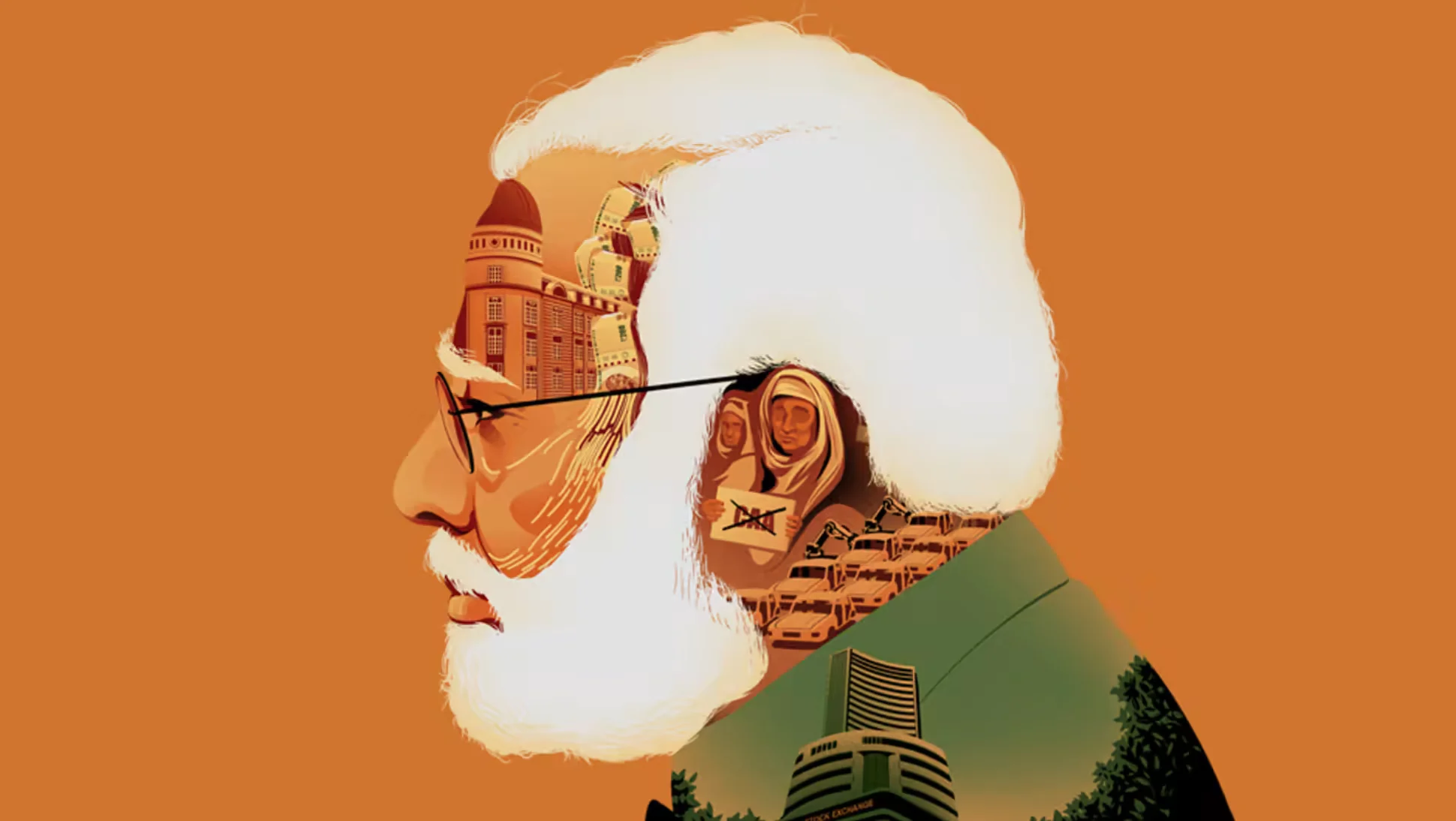
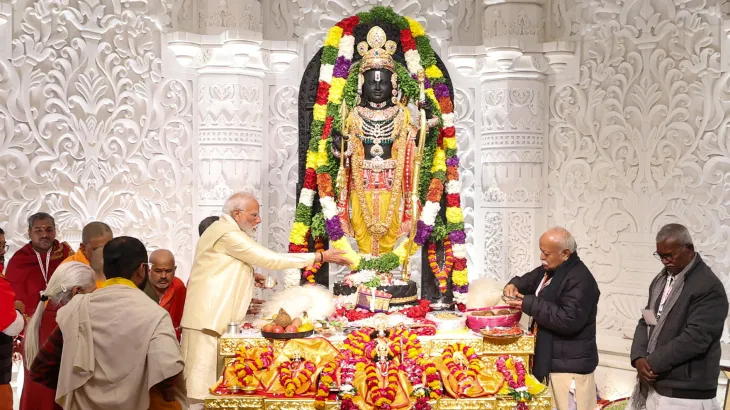

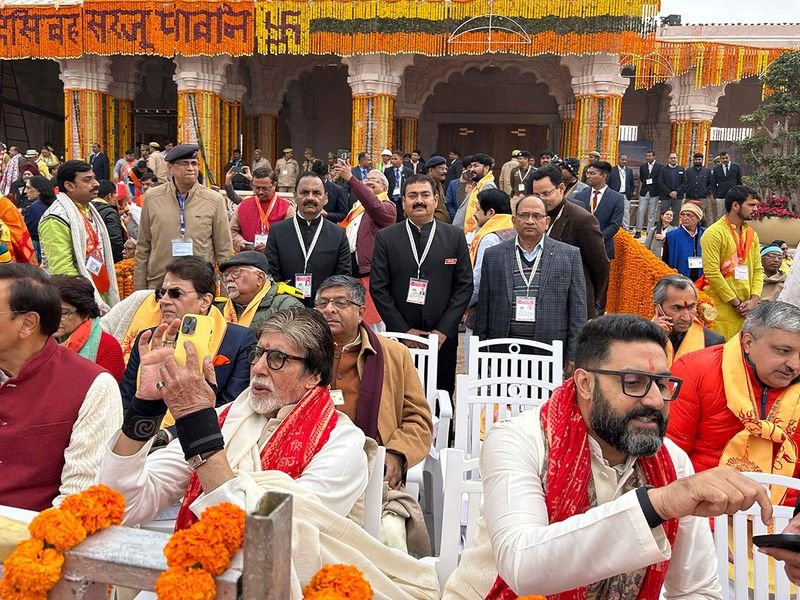



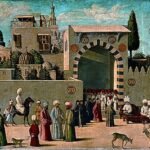
Excellent article, well written and well researched. Balanced.